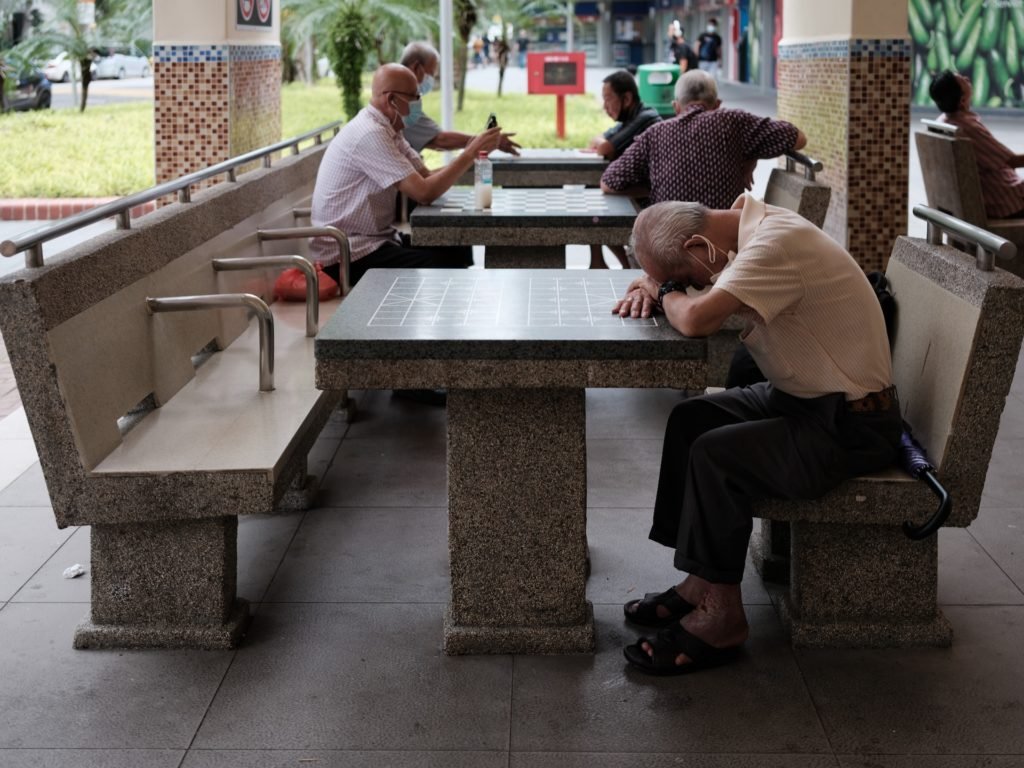The idea of upholding one’s reputation is heavily emphasized across a wide range of Asian cultures. In order to do this, one must refrain from doing anything that can make themselves or their family look bad. Furthermore, social status and material things are valued in many Asian societies. Being raised in an Asian family exposed me to a society where “saving face” was highly valued. Beyond maintaining one’s own dignity, it also included upholding one’s reputation in society and avoiding shame. The idea of saving face, however, frequently has a high financial penalty. I want to examine the value of maintaining one’s appearance in Asian societies and analyze the financial hardships that many Asians experience in this conversation.
Social Expectations and Peer Pressure: The Weight of Conformity
Asian societies place enormous pressure on individuals to live up to social expectations. We are taught from an early age that our activities affect not only our immediate family and community but also ourselves. This forces us to choose professions that are seen as respectable, frequently in industries like law, medicine, or engineering. Our lives are constantly influenced by the pressure to live in luxury neighborhoods and show off our material success.
We frequently use credit cards or loans to keep up the appearance of prosperity because we are afraid of potential disgrace or criticism. We value other people’s opinions more highly than our own financial security, which creates a vicious cycle of extravagant spending and debt.
The issue with this is that it could start a loop where you keep spending money you don’t have. There can be a heavy reliance on credit cards or loans to keep up the appearance of prosperity because we are afraid of potential disgrace or criticism. We value other people’s opinions more highly than our own financial security, which creates a vicious cycle of extravagant spending and debt.
Lavish Celebrations and Gift-Giving: The Strain of Extravagance
In Asian traditions, special events are lavish affairs. Weddings, birthdays, and festivals are viewed as occasions to demonstrate social standing and preserve community bonds. However, the ambition to project a magnificent image can come at a high cost.
Wedding banquets have evolved into enormous events, complete with many dishes, lavish locations, and extravagant decorations. The temptation to invite a big number of guests increases the costs. It’s not unheard of to attend weddings that have north of 500 people. And no the couple probably does not know all 500 of these people. Often times it’s the pressure to invite distant distant relatives as well as the parent’s friends. Similarly, birthdays and festivals need costly presents and entertainment in order to preserve our reputation and repay previous generosity.
While these celebrations hold cultural significance and reinforce the bonds within our community, they often lead to financial strain.
Education and Reputation: The Price of Success
Education is highly valued in Asian cultures and it is frequently viewed as a method of achieving success and securing a wealthy future. Attending top academic institutions is a personal accomplishment that also improves our social position and reputation in the community with the ideal goal of ranking high amongst the class.
Parents frequently make considerable financial sacrifices to provide their children with the greatest educational options possible. Enrolling children in expensive private schools, employing tutors and mentors, and investing in extracurricular activities that demonstrate well-roundedness and excellent academic success are all examples of this.
While the pursuit of education is commendable, the associated costs can be daunting. Many Asian families allocate a significant portion of their income to educational expenses, leaving little room for other financial goals or emergencies. The pressure to maintain a good reputation through academic success can lead to substantial financial strain and perpetuate a cycle of sacrifice.
Status Symbols and Materialism: The Cost of Appearances
Material assets are frequently connected with prosperity and social standing in many Asian countries. Owning premium products, driving flashy automobiles, and living in prominent districts have all become emblems of success and wealth. I’ve personally met people in their early 20s who drove cars that are worth more than they make in a year.
The drive to show off affluence and keep up appearances can lead to a materialistic worldview. Individuals may become trapped in a consumerism cycle, continually pursuing the latest trends and status symbols. However, this goal frequently comes at a high financial cost.
How Can This Be Fixed?
As Asians, the concept of saving face holds deep cultural significance, but it is essential to recognize the potential financial implications that accompany it. It truly comes down to setting and committing to life goals. It’s vitally important to encourage financial literacy and understand opportunity costs.
For example, say a 25 year old wants to lease a car for 3 years at $1000/mo. The total lease payments (not even including tax and insurance) for the 3 years is $36,000. Now let’s compare that to investing that $36,000 and keeping that money there till she’s 65. That amount turns into over $1.6M!

That being said, if you told me that it is a life goal of the person to own such a car and that it prioritizes the car over $1.6M in retirement, that’s fine. As long as the person understands what they’re giving up, I have no objection to that. The key is to encourage financial literacy, provide budgeting and financial planning resources, and promote a shift towards a more sustainable approach to societal expectations. By doing so, we can empower people to make informed decisions about their finances and secure a healthier and more prosperous future.




